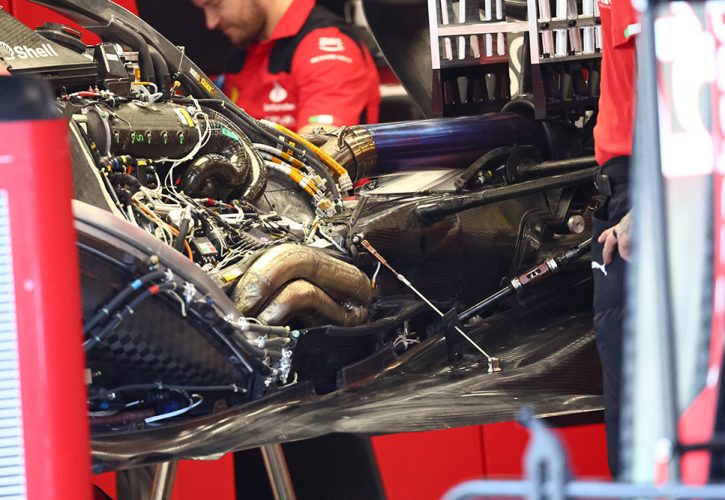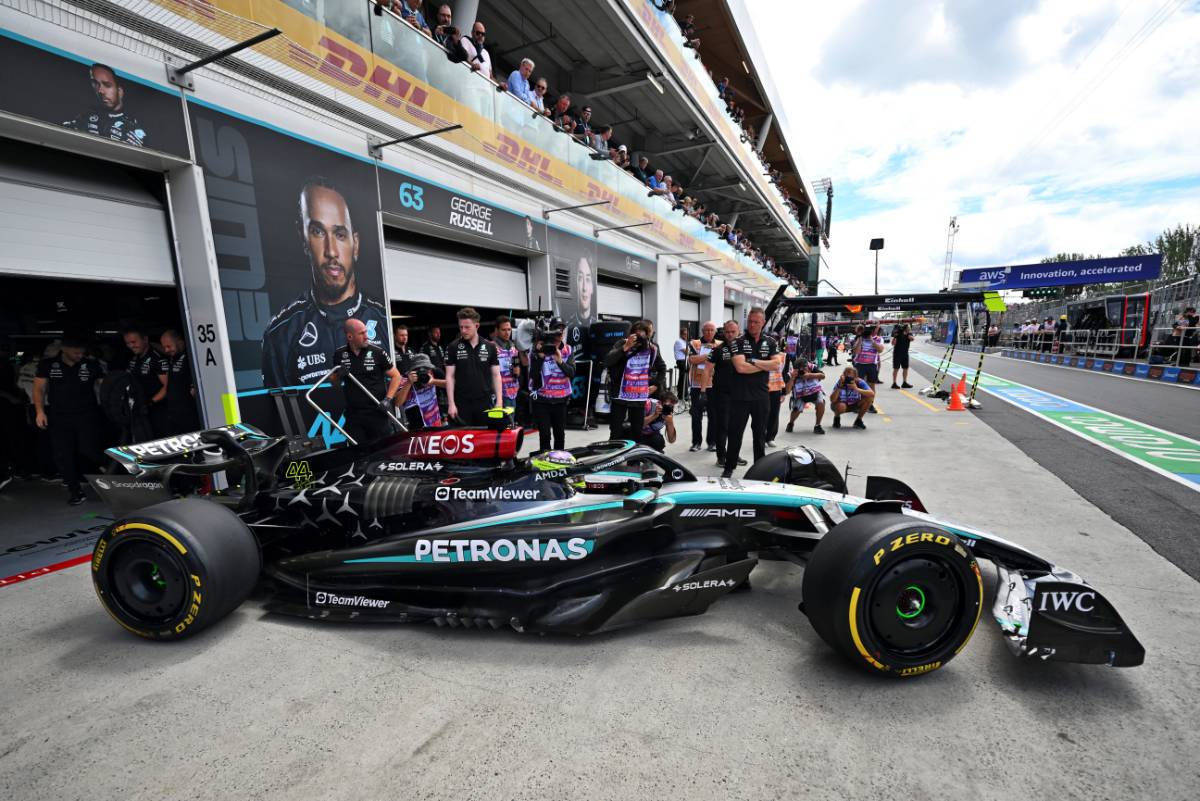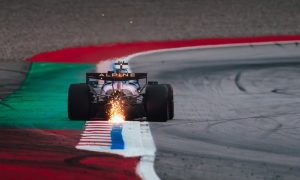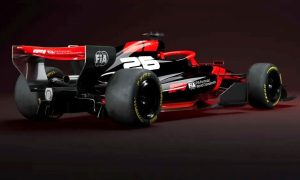
Last week's release of F1's draft 2026 technical rules has caused a stir among teams and manufacturers in the sport, with the FIA reportedly considering changes to previously agreed engine regulations as a result.
The sport's governing body is seeking to achieve a 50-50 split in power production between the traditional internal combustion engine (ICE) and electrical energy stored in batteries.
To achieve this the new rules impose fuel flow limits. But now the spotlight is on making the 2026 cars faster there have been suggestions that the FIA might have to increase these limits to increase the ICE output.
"If there are some tweaks needed, I'm quite confident the PU manufacturers would help and be collaborative," FIA single-seater director Nikolas Tombazis said last week at the Canadian Grand Prix.
But that might be easier said than done. The new engine regulations can only be revisited with the unanimous agreement of the manufacturers which include new arrivals Audi as well as Ford, Honda, Mercedes, Ferrari and Renault.
Some of the car makers have already made it clear that in their view there is no room for manoeuvre, because work is so far advanced on the 2026 engines.
"On the power unit side, the ship has sailed," was the unequivocal view of Mercedes boss Toto Wolff. "On the chassis side there are tweaks that are possible that we need to do, but on the engine side the process is far too advanced.
"There are teams that feel they are on the back foot, and there are other teams that will feel - and OEMs [Original Equipment Manufacturers] - that they have done a good job. That's the normal kind of wrestling on regulations."

Renault has been the backfoot in recent years with their power unit for the Alpine works team believed to be significantly down on output compared with their current rivals on the grid.
With the current regulations frozen there is a limited amount they can do, leaving them pinning their hopes on the 2026 overhaul to allow them to catch up and maker it a level playing field in the new era.
Alpine team principal Bruno Famin agreed with Wolff that it would be difficult to make changes to the engines now, with manufacturers having already worked for several years on the new power units.
"We need to be careful because on the chassis side, almost nothing is done - because there is no regulation," he explained. "But on the PU we have two years of work."
But Wolff's counterpart at Red Bull, Christian Horner, took a different view and said there was still time to make changes, and was wary of the motives behing the resistance from Mercedes.
"There is always one that doesn't want to change," he said. "But that's down to the FIA. They have all the knowledge and simulations. As I say, it is never too late.
You have got to look at what is best for F1 at the end of the day and what will produce the best racing. So, trust in [the FIA] and FOM to make the right calls. Whether that is required or not, they have got all the knowledge to know."
After years of utilising customer Renault engines, Red Bull is currently using Honda legacy power units ahead of a switch to its own powertrain development being set up in partnership with automotive giant Ford for 2026.
Keep up to date with all the F1 news via Facebook and Twitter







